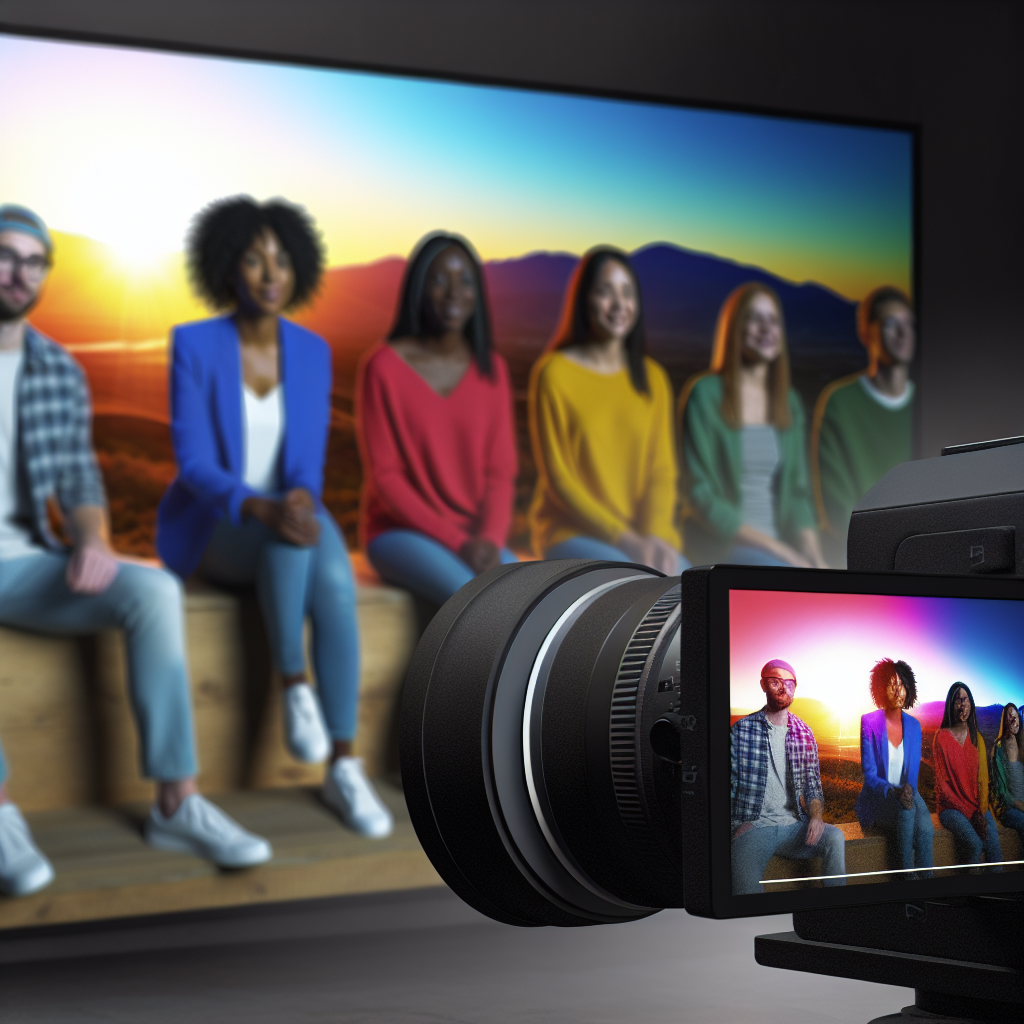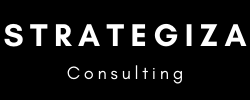Marketing Forensics
The Power of Authenticity in Marketing
-
Table of Contents
The Power of Authenticity in Marketing

In an era where consumers are bombarded with countless marketing messages every day, authenticity has emerged as a powerful tool for brands to cut through the noise and connect with their audience. Authenticity in marketing is about being true to your brand’s values, being transparent, and building genuine relationships with your customers. This article explores the power of authenticity in marketing, backed by relevant examples, case studies, and statistics.
Understanding Authenticity in Marketing
Authenticity in marketing refers to the practice of being genuine, honest, and transparent in all marketing efforts. It’s about aligning your brand’s actions with its values and promises, and consistently delivering on those promises. Authenticity is not just about telling the truth; it’s about being true to your brand’s identity and maintaining integrity even when no one is watching.
Why Authenticity Matters in Marketing
Authenticity matters in marketing for several reasons:
- Trust: Authentic brands build trust with their customers. According to a 2019 study by Stackla, 86% of consumers say authenticity is important when deciding which brands they like and support.
- Loyalty: Authenticity fosters loyalty. A 2020 survey by Cohn & Wolfe found that 89% of consumers are loyal to brands that share their values.
- Competitive Advantage: Authenticity can be a powerful differentiator in a crowded market. A 2017 study by Boston Consulting Group found that authentic brands outperform their competitors by 20%.
Examples of Authenticity in Marketing
Several brands have successfully leveraged the power of authenticity in their marketing efforts. Here are a few examples:
- Patagonia: Outdoor clothing brand Patagonia is renowned for its commitment to environmental sustainability. The brand’s “Don’t Buy This Jacket” campaign, which encouraged consumers to think twice before purchasing new products, is a prime example of authenticity in marketing.
- Dove: Dove’s “Real Beauty” campaign, which features real women instead of professional models, has been praised for its authenticity and positive impact on body image.
- Warby Parker: Eyewear brand Warby Parker’s commitment to providing affordable, high-quality glasses and its “Buy a Pair, Give a Pair” program demonstrate its authenticity and commitment to social good.
How to Foster Authenticity in Marketing
Here are some strategies to foster authenticity in your marketing efforts:
- Be Transparent: Transparency is key to authenticity. Be open about your business practices, admit mistakes when they happen, and be clear about how you’re addressing them.
- Align Actions with Values: Ensure that your brand’s actions align with its values. If your brand values sustainability, for example, demonstrate this through sustainable business practices.
- Engage with Your Audience: Engage with your audience on a personal level. Respond to comments, share user-generated content, and show appreciation for your customers.
- Tell Real Stories: Share real stories about your brand, your employees, and your customers. Authentic stories can create an emotional connection with your audience and build trust.
Challenges of Authenticity in Marketing
While authenticity can be a powerful tool in marketing, it’s not without its challenges:
- Maintaining Consistency: Maintaining consistency in your brand’s values, messages, and actions can be challenging, especially as your business grows and evolves.
- Managing Perceptions: Authenticity is largely about perception. Managing perceptions can be difficult, especially in the face of criticism or controversy.
- Resisting Short-Term Gains: It can be tempting to compromise on authenticity for short-term gains. However, this can damage your brand’s reputation in the long run.
Conclusion
Authenticity in marketing is more than just a buzzword; it’s a powerful tool for building trust, fostering loyalty, and differentiating your brand in a crowded market. By being transparent, aligning actions with values, engaging with your audience, and telling real stories, brands can leverage the power of authenticity to connect with their customers on a deeper level. However, authenticity comes with its challenges, and brands must be prepared to maintain consistency, manage perceptions, and resist short-term gains to reap its long-term benefits.
In an increasingly skeptical and discerning market, authenticity is not just desirable; it’s essential. As the examples of Patagonia, Dove, and Warby Parker demonstrate, brands that embrace authenticity can not only survive but thrive in today’s competitive landscape. So, be true to your brand, be true to your customers, and let authenticity power your marketing efforts.
